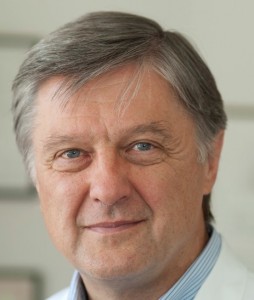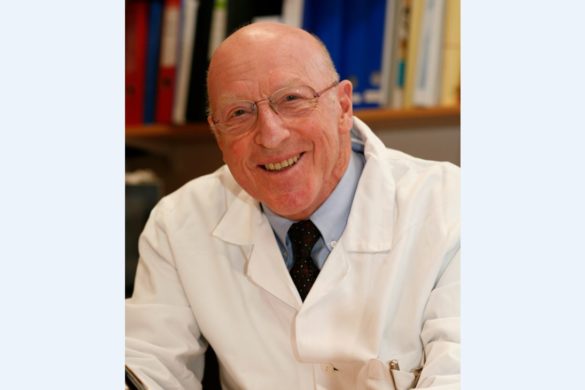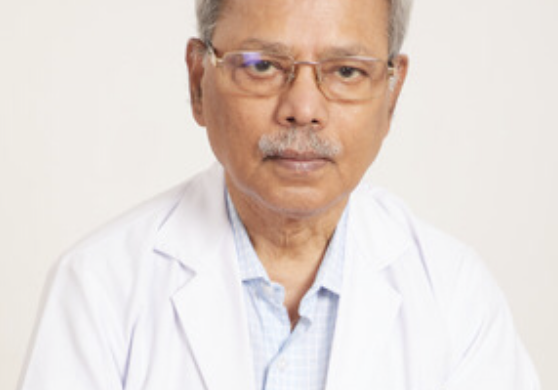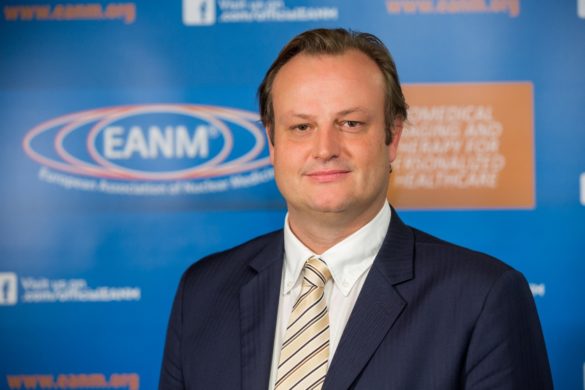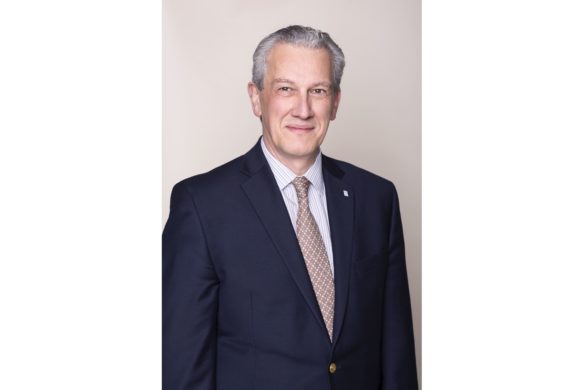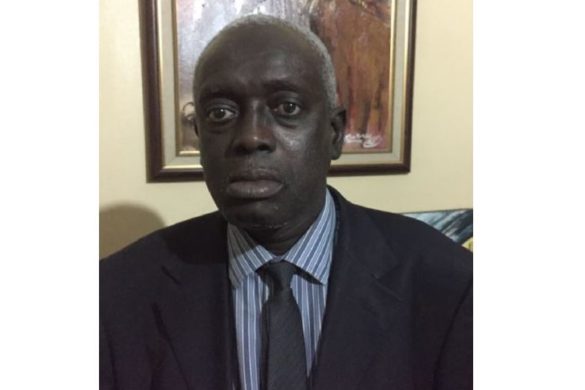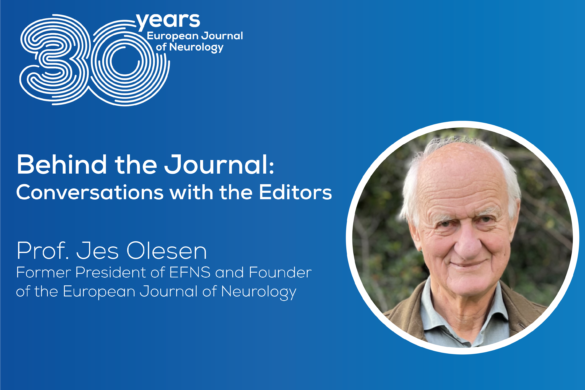Richard Frackowiak is head of the department of clinical neurosciences at the University of Lausanne, Switzerland, and co-director of the Human Brain Project. He is also chairman of the Medical Science Committee of Science Europe.
Gian Luigi Lenzi (GLL) : EAN aims at gaining its place on the “European stage”. Can you briefly illustrate the role of an organisation such as “Science Europe”?
Richard Frackowiak (RF): Science Europe is an organisation that was born three years ago to represent research in Europe. It was founded by the 54 European funding organisations, such as CNR, MRC, INSERM, DFG, to work at the level of European institutions, such as the Commission, the Parliament, and the Council of Ministers. Medical Science has its own committee, covering all areas of basic and applied research. We propose policies, react to draft legislations, and lobby on behalf of our member organisations. The ability to speech on behalf of all the state founders gives Science Europe a considerable influence in shaping future research priorities.
GLL: As chair of the Medical Science Committee of “Science Europe”, can you inform the Neuropenews readers of the benefit it can bring to EAN’s work at the European level?
RF: EAN can benefit from a strong interaction with Science Europe by giving the weight of these 54 states agencies to its proactive initiatives and responses to official consultations on draft legislation that affects neurology and neurosciences.
GLL: Knowing of your involvement in the Human Brain Project (HBP), can you share with Neuropenews and its readers the positive outcome the project will bring also for clinical neurology?
RF: The HBP represent a first attempt to bring the power of modern computing and informatics to bear on the problem of understanding how the human brain is organised at all levels from genes to cognition. It will provide a first blue print of the anatomical and functional principles that result in its remarkable capabilities. Clinical neurology stands to benefit through the improved ability to understand the mechanisms underlying many common conditions, for example dementia, Parkinson, and psychiatric disorders. The perspective is that we will discover targets for drugs and other treatments more efficiently than with present approaches.
GLL: Can you share with our readers your vision on how Neuropenews can help strengthen EAN’s identity?
RF: I think that Neuropenews has an important role to play. It transmits efficiently and effectively news and information that concerns our community and our relationships with collaborators, whether in research, medical practice or legislators. It provides a mosaic in which everyone can find their place. For example, our short interview today has allowed me to alert clinicians and scientists and all who are interested in such major new initiatives in our field with information that is not readily available in scientific journals yet. This kind of first hand information could be one of the major aims and advantages of Neuropenews.

